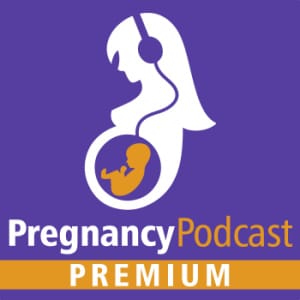Overview
Self-care is taking action to preserve or improve your physical and mental health. If there is any time during your life when self-care is crucial, it is during your pregnancy. Your body is working incredibly hard right now, and you are going through a significant transformation in your life. Now is the perfect time in your life to make self-care a priority for two main reasons. First, you have more free time now than you will in the foreseeable future, which makes prioritizing yourself now easier. Secondly, making this a habit during pregnancy allows you to continue and build on your self-care practice later when you have more time and energy constraints as a parent.
The goal of this article is to get you to rethink self-care, learn how to make self-care a habit during pregnancy, and build a healthy practice of caring for your physical and mental health as a parent.

